Let’s start with the basics, shall we? Ecce Homo’s Natura Collection is completely made of supreme quality cotton fabric. This particular cotton is a completely natural -cellulosic- textile fiber, one of the most used materials for apparel in the world. The specific properties of such a fabric make it perfect for manufacturing undergarments since it resists static electricity built-up, it is comfortable to wear, soft to the touch, breathable, and absorbent. Furthermore, cotton is really strong and resilient as it can easily withstand detergents, heat, and bleach, qualities that make it irresistible when it comes to underwear that requires regular washing in order to keep a high level of hygiene. Regarding the sustainability aspect of things, both financially and ecologically, over 60 percent of the world’s cotton is cultivated and processed in developing countries and provides a livelihood for over 100 million farmers and an income for more than 250 million people worldwide. However, intensive farming is sometimes the case in order to meet the growing demand of the fast-fashion market. In such cases, the overuse of water, soil, and pesticides threatens the ecosystems on which cotton depends.
Yet, cotton itself as an all-natural fiber is environmentally sustainable given the fact that it is a renewable, recyclable -using old garments and textile leftovers- and biodegradable resource, all of which play a significant role in reducing or avoiding pollution. Hence, cotton itself as a plant-based fiber is more sustainable than synthetic ones, yet the production methods used vary, and as such its long-term sustainability can be seriously compromised. On the other hand, the cotton Ecce Homo uses to manufacture its undergarments meets the human and ecological requirements of STANDARD 100 by OEKO-TEX®, the global standard certification which ensures that ‘every component of this article, i.e. every thread, button, and other accessories, has been tested for harmful substances and that the article, therefore, is harmless for human health’. Furthermore, we keep on being committed to a slow fashion production process. This translates into two things.
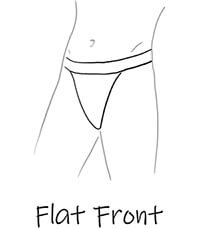





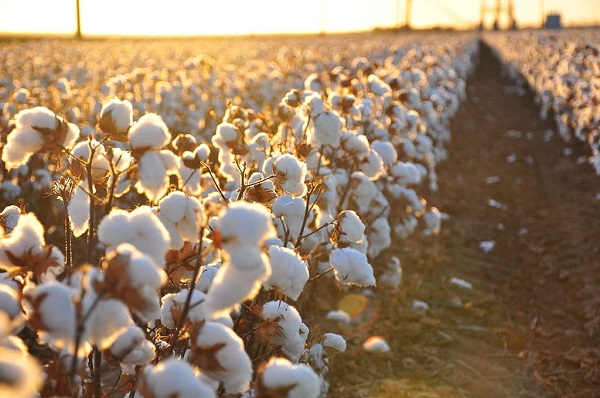
.jpg)
.jpg)
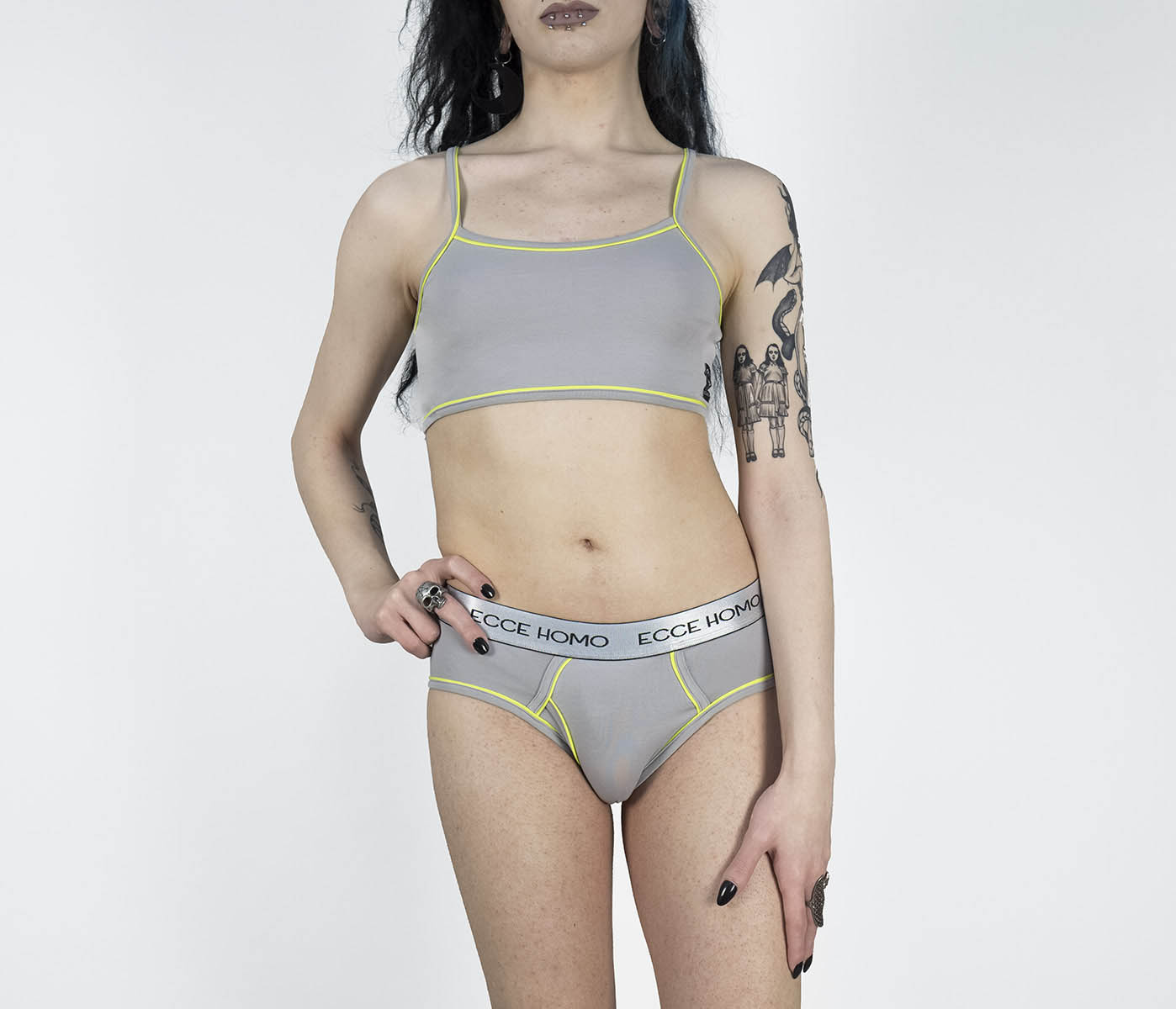


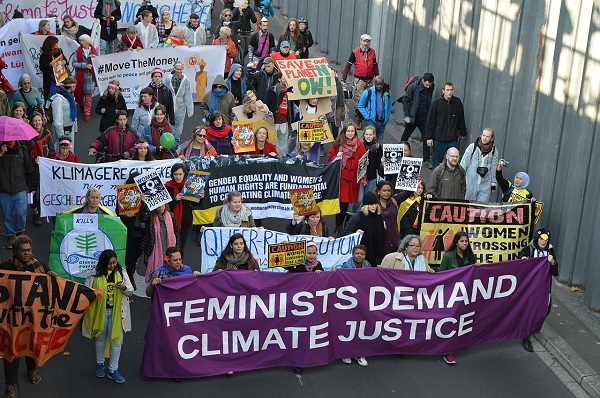
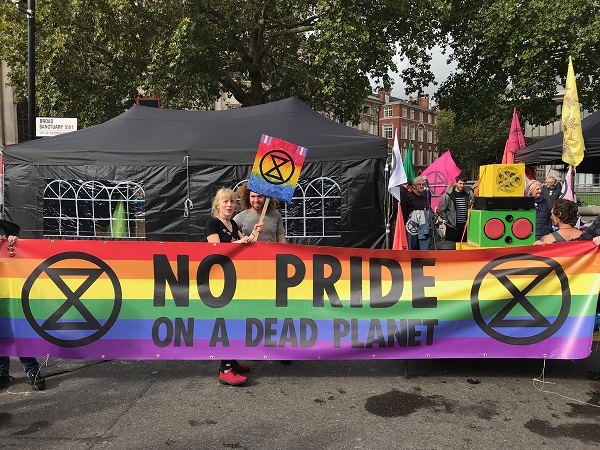

 Login
Login